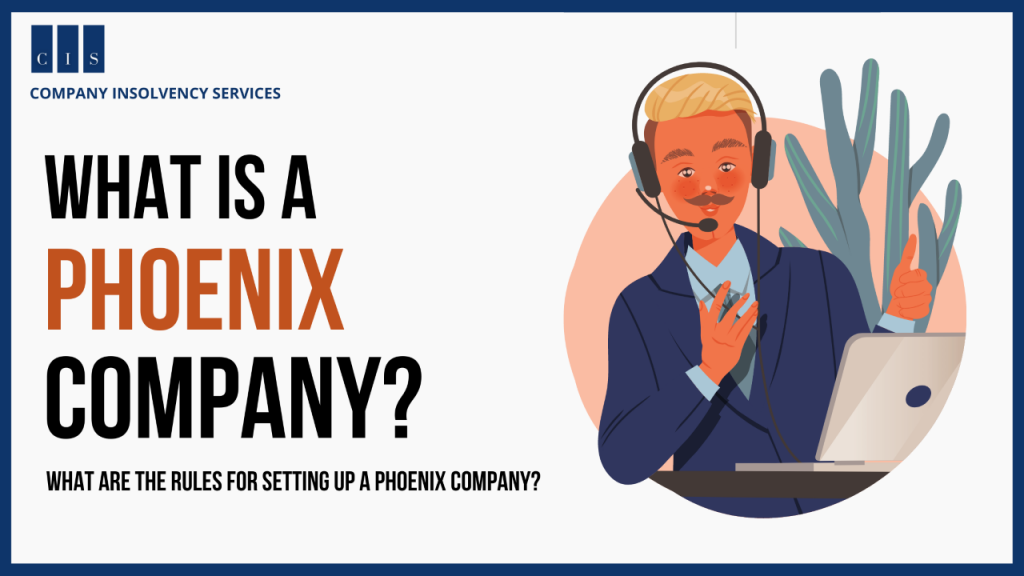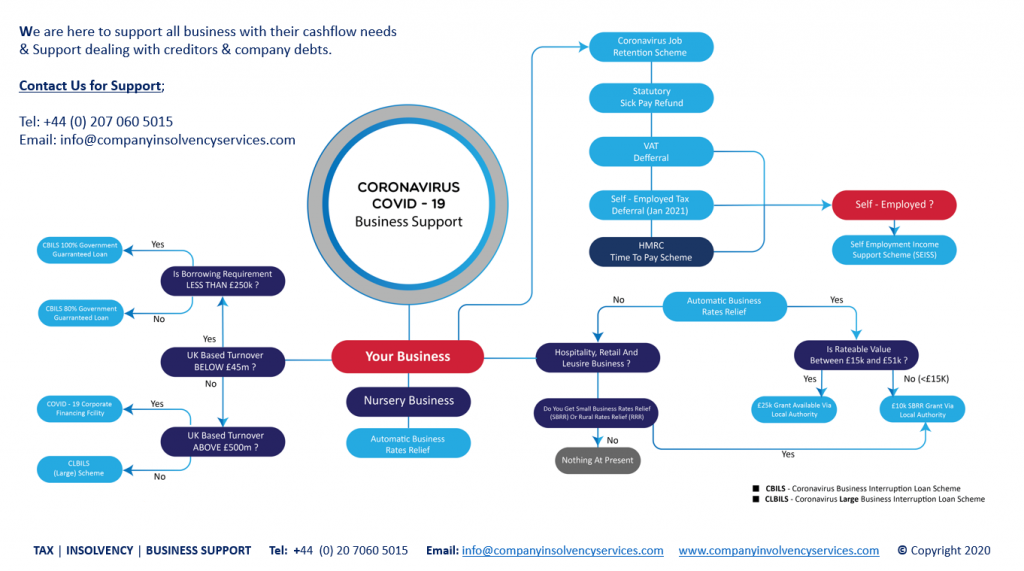What is a phoenix company? A Phoenix company is one that rises from the ashes of another that has gone into administration or liquidation. They do this by rearranging their assets, liabilities, and business structure to make it appear on paper like they are a new business while using the same management team or two who oversaw its previous failure.
These new companies are able to continue trading while avoiding all responsibility for their debts owed to creditors and HMRC (Her Majesty’s Revenue & Customs). This type of corporate behavior is very common in countries like England where sustaining failing businesses with public funds is considered an acceptable economic stimulus policy.
Is a Phoenix Legal Under Insolvency Law?
Yes! It is perfectly legal to create a phoenix company in England, Wales, and Northern Ireland. A phoenix can rise from the ashes of another by arranging their assets, liabilities, business structure, management team etc. to make it appear on paper that they are a new company while reusing its previous name or trading under another of its old names. This allows them to continue operating while avoiding all responsibility for any debts owed to creditors and HMRC. If you go into administration there are several different options on how your assets are distributed depending on what type of insolvency process is being used by the government. The government treats the phoenix company as a brand new business in terms of tax liabilities.
For example, if you are using an Individual Voluntary Arrangement or IVA to repay creditors, they are legally obliged to pay all taxes they would have paid had your business continued operating normally before it went into administration. So for example, if your business is closed down on 1st July and is placed in administration on 15th August you will owe no corporation tax for the month of July but you will owe them April-June’s worth of tax when April comes around again. Creditors who were owed money by your previous business cannot make any claims against your new phoenix company for debts which arose before it restructured into that particular phoenix.
What are the rules for setting up a phoenix company?
Below are the rules for setting up a phoenix company.
– A new company must be set up, preferably with the previous owners of the failed business as shareholders or directors of this new entity.
– The paperwork can be really simple and cheap to make because it doesn’t have any assets or liabilities from its previous incarnation.
– The financial year end can either be at the same time as when its original business went into administration/liquidation OR it could choose December 31st which would give them 6 months extra trading before they are legally obliged to file their accounts with Companies House in England & Wales or Northern Ireland. This is where things get really interesting…
– Their old business name MUST NOT be used again by another legal entity otherwise HMRC will elect to close them down in a pre-packaged administration.
How is a company in a pre-pack administration different from a phoenix?
A company in pre-pack administration is also usually created when the previous owners of the failed business remain on board with it as directors or shareholders.
However, this new entity has been set up after the old one goes into “pre-pack” administration where they have started trading again and have restructured their assets and liabilities so that they can be legally split into two separate entities which they then sell off to different buyers for cash up front or shares/equity instead of taking legal responsibility for any existing debts owed by the failed business. This process allows them to appoint an insolvency practitioner to value the assets left over by the failed business and sell them off to pay creditors in a controlled fashion while avoiding any legal responsibility for accrued debts. The new company’s financial year ends are always at different times than its predecessor so that they can avoid paying corporation tax on trading that occurred in the final months under their old business name.
Can I use an insolvency practitioner as a phoenix?
It is possible but not recommended because if you fail to follow procedure correctly it could lead to your phoenix being exposed as a scam and either be forcibly closed down or even prosecuted; especially if you go back into administration within 12 months of your previous one ending.
Also, it’s probably best not to deal with the same insolvency practitioner because if they notice that you’ve become a phoenix, they may start to investigate your circumstances more closely.
Additionally, the government has been cracking down on debtors who try to structure their affairs around tax liabilities, so using an external third party like an insolvency practitioner might make it easier for HMRC to establish whether or not it is a phoenix company (should the need arise).
The only reason why I would personally recommend using an insolvency practitioner as a phoenix is if you are worried about creditors coming after you in the future.
In this case it makes sense to be upfront about everything and let them know what’s going on from day one in order to avoid any problems later on down the line.
What Are The Requirements For Establishing A Phoenix Company?
To establish a new Phoenix Company there are just a few things that you will need.
The first of these is the Company Name; this can be chosen in accordance with UK Company naming restrictions, while some people choose to keep their old name others prefer to change it so as not to cause confusion on behalf of customers or suppliers.
The next thing is Company Number; this does not need to be an actual number but can simply be something like “ABC UK Ltd” or “XYZ Ltd”.
Next on the list is the Registered Address which for this company does not have to match your address as you will not actually be dealing with them personally.
Finally you will need a set of Directors and Company Secretary (this role needs to be filled by someone who has actually registered at least one UK Limited Company before). Once these initial steps are taken, anyone can then apply for the rest of the standard requirements that all companies need.
When applying for your documents, there is usually no need for an accountancy firm to so on your behalf, as they will not be able to work with you directly anyway.
This means that for your accounting records it is actually recommended to use an online cloud-based service that can help manage your accounts independently of the company itself; another reason why you should consider using a separate bank account in order to safeguard any assets (and also pay creditors) in case there are any future problems with the company’s administration.
If you do wish to establish a phoenix, then let us know so we can get the ball rolling!
Need further help?
If you are unsure how this process works, or if you have any concerns about what your company’s future is likely to be, don’t hesitate to get in touch with the team today on +44 (0) 20 7060 5015 or email us @info@companyinsolvencyservices.com




